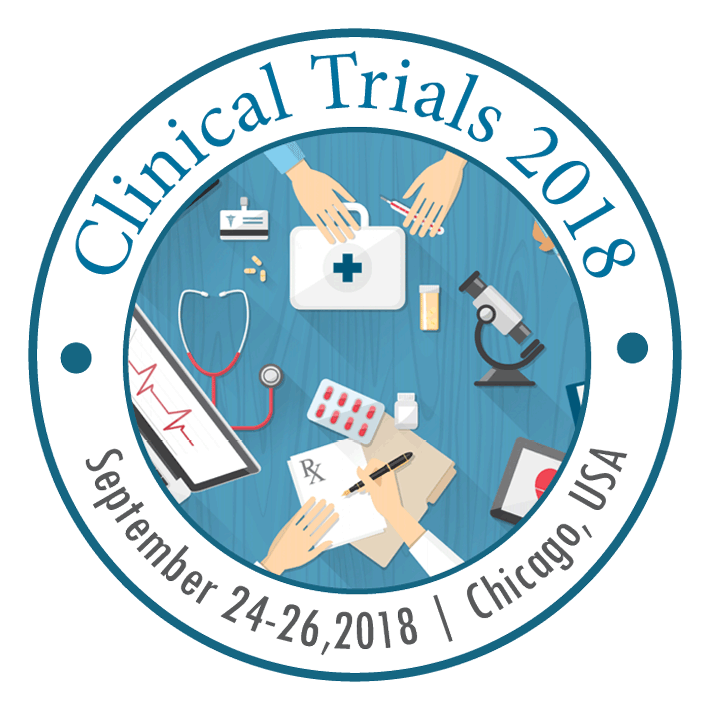
Arwyn T Jones
Cardiff University, UK
Title: Activating endocytosis for enhancing cellular delivery and modifying intracellular targeting of therapeutics
Biography
Biography: Arwyn T Jones
Abstract
Targeting disease processes inside cells with biopharmaceuticals represents a major challenge, not least in overcoming biological barriers such as those posed by the plasma membrane and endolysosomal organelles. Investment in this approach is justified when one considers the number individual intracellular targets now available to us as we continue to understand disease processes at the gene, protein and signaling level. This is true for many high-burden diseases such as cancer, infectious diseases and inherited genetic defects such as cystic fibrosis. Our research at Cardiff University is focused on studying endocytosis and specifically on designing methods to analyze individual endocytic pathways to characterize how Drug Delivery Vectors (DDVs) and associated therapeutics bind to and gain access to cells. As vectors, we have paid particular attention to natural ligands, cell penetrating peptides, antibodies and polymer conjugates. We have made significant contributions to the current understanding of the way DDVs interact with cells, enter cells and traffic on endocytic pathways that critically govern their intracellular fate. This lecture consists of work we have performed focusing on technologies and in vitro models, we have exploited to study cell binding and endocytosis of DDVs including cell penetrating peptides, exosomes, ligand decorated nanoparticles and antibodies targeting plasma membrane receptors on cancer cells. Mainly highlights will be on how we recently demonstrated that Internalisation of receptors, and associated ligands, can be significantly enhanced through manipulating ligand and receptor association, and how normal endocytic routes can be modified to reach a desired intracellular location. Our involvement in a €30M FP7 Innovative Medicine Initiative (IMI-EFPIA) consortium (COMPACT www.compact-research.org) will also be discussed. This represents public-private collaboration between 14 European academic institutes and pharmaceutical companies aiming to improve the cellular delivery of biopharmaceuticals across major biological barriers of the intestine, lung, blood-brain barrier and skin.

